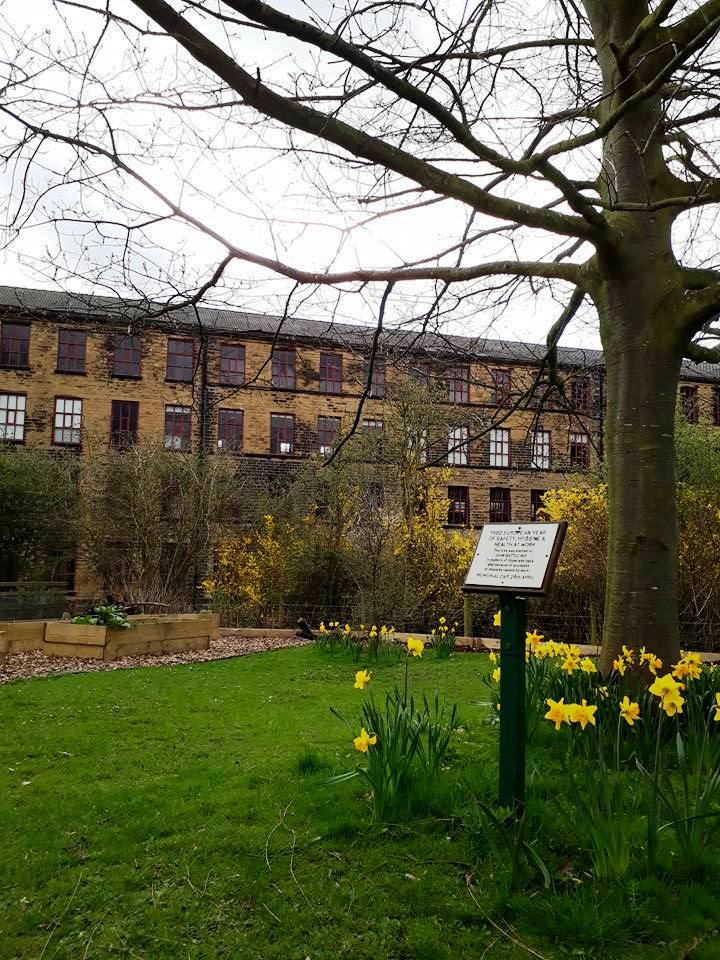An invisible affliction haunts Verity, main character in ‘The Price of Time’.
Here, she bares all:
What if you had life-saving surgery as a kid and it worked, you think it’s all over: job done. You do well at school – heck, you go on to a career in scientific research. You like people: you’re always interested in what they have to say, yet you find socialising stressful and you’ve no idea why. You travel, you pick up foreign languages – including Chinese with its tones – yet you struggle to follow the thread of a film: always thinking wasn’t that the same bloke as the one who-?
You care about your surroundings and join a political party – the Greens – yet you feel unable to stand for office: you could make a brilliant interview for radio, TV or town hall but worry you’d look an idiot as their representative ‘on the street’. You wonder why.
People always seem to remember you, even if you can’t remember them. As a teenager you ponder the outlandish possibility that all bar you are telepathic but no-one’s had the heart to let on.
When you have children, someone asks you if looks run in your family and it dawns on you that you can’t begin to describe your Mum’s face – or your Dad’s, or even the husband you love. When the children go to school and you pick them up at 3:30 from a crowded playground you notice you have to wait for them to come to you before being able to tell who’s who.
And later, when their friends call round, it gets embarrassing: “Oh hello, er… come in!”
At international conferences you find your eyes flick to people’s name-badges: just to be sure.
Your former boss, whom you saw every day for years till last spring, happens to spot you working the allotment and you have a whole conversation before he says, quite casually, “You don’t know who I am, do you?”
You can’t lie.
You’re mortified.
And then, after nearly half a century of this, you find out that face-blindness – prosopagnosia – is a thing. There are people – about 0.5%, your comrades – who are no more able to remember a face than an ordinary individual is to remember what Middle C sounds like.
That doesn’t stop us seeing a face and noticing what it looks like – no more than failure of Perfect Pitch prevents the appreciation of music. It doesn’t stop us remembering a voice, a gait, a mannerism, a whole life-story: and that’s how we get by. Or we might try, during an introduction or a handshake, to ‘store’ a face using a list: ‘triangular; brown deep-set eyes; turned-up nose-’ but after 2 seconds it’s rude to stare.
Some folk inherit their face-blindness. For many it’s partial rather than complete and practice, especially when still young, can help.
In my case I was oxygen-starved for just one minute too long after that life-saving surgery and the tiny knot – it’s only a few hundred neurons of the brain – that deals with faces was lost.
Prosopagnosia doesn’t interfere with a person’s ability to read facial expressions.
Verity’s inability to do this – singling her out for her encounter in ‘The Price of Time’ – has its roots in a second injury.















